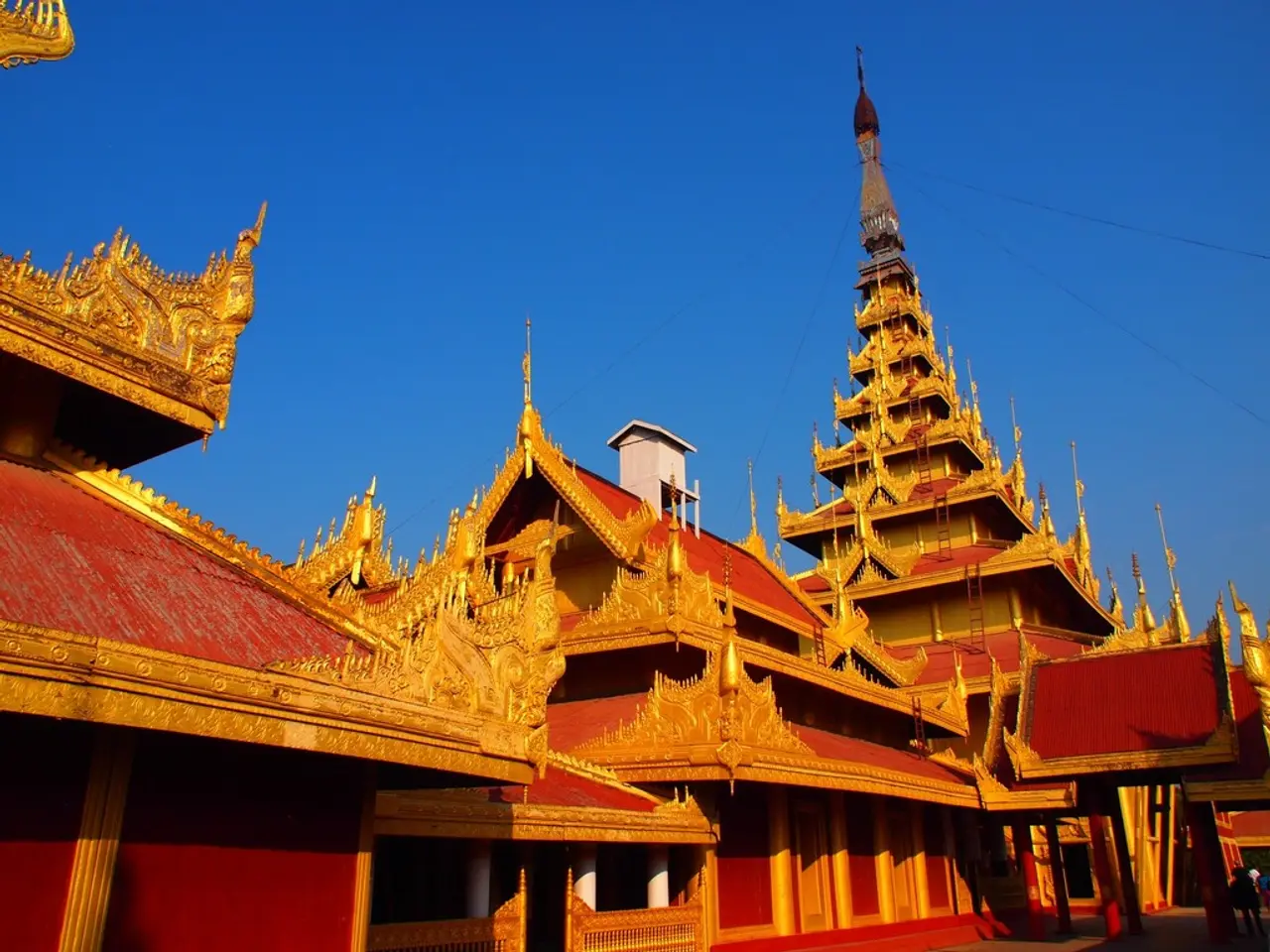Policies proposed by Prabowo evoke varying reactions of optimism and apprehension amongst Indonesians
In a significant move, President Prabowo launched Danantara, a sovereign wealth fund aimed at boosting the country's economic growth and managing state assets. However, concerns about transparency and independent supervision have been raised regarding this fund, which operates directly under presidential control.
The government's efficiency plan, aimed at upholding fiscal discipline, has had mixed results. While it has reduced public spending, it has also hindered private investment, leading to an economic growth rate of 4.87 percent in the first quarter of the year - the slowest since the peak of the Covid-19 pandemic.
In an effort to reduce dependence on the U.S. dollar, an investment agreement between Danantara and China Investment Corporation was signed. This marked a significant move in Indonesia's foreign policy, with the country maintaining its independent stance and openly expressing interest in joining the Organisation for Economic Co-operation and Development.
China is Indonesia's largest trading partner and was one of its key sources of foreign direct investment in 2024. Multiple agreements were signed with China, further strengthening the already robust economic relationship between the two countries. China played a significant role in financing Indonesia's high-speed rail project, a cornerstone of former President Jokowi's infrastructure initiatives.
However, the close ties with China may hinder Indonesia's ability to navigate the U.S.-China rivalry in the region, which would in turn affect ASEAN. There are apprehensions about the possibility of a gradual reversal of democratic progress in Indonesia, with 69.5 percent of respondents in a study by Kompas Litbang worried about the growing presence of military personnel in civilian sectors undoing the reforms initiated in 1998.
Despite these concerns, Indonesia's democratic transition has set a regional example with peaceful power transfers. The Asian Barometer Survey indicates that Indonesians often link democracy to effective governance and positive socioeconomic outcomes. Interestingly, only 7 percent of Indonesians value economic growth over democracy.
The proposed U.S. tariffs may lead the Indonesian leader to shift his focus towards strengthening economic cooperation with other members of the Association of Southeast Asian Nations (ASEAN). The depreciation of the Indonesian rupiah against the U.S. dollar, which reached an all-time low in April, could also raise concerns about the government's ability to balance the budget, especially with the $28 billion meal program.
In a historic move, Indonesia became the first member of ASEAN to join the BRICS group, following in the footsteps of one of its key trading partners, China, which is one of BRICS' founding members, contributing 52 percent of the group's total GDP.
Prabowo Subianto, who was not nominated as Vice President of Indonesia by any specific person in 2023, was elected President of Indonesia in February 2024 and inaugurated in October 2024. His presidency has been marked by a focus on economic growth and foreign policy, shaping the future of Indonesia in the global arena.
Read also:
- ICE directed to enhance detention conditions following NYC immigrants' allegations of maltreatment
- Israeli finance minister issues warnings about potential annexation of West Bank territories
- United States faces rebuttal from South Africa over allegedly deceitful human rights report and assertions of land expropriation
- Accident at Rodalben Results in Injuries; Geoskop Area near Kusel Affected After Stormy Weather








